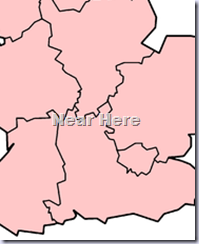Earlier in the month the Cabinet Office released a press release about the cost of some information web sites run by UK Government departments – see the release “Clamp down on Government websites to save millions” on the Cabinet Office Site.
A report published today by the Central Office for Information (COI) found that across government £94 million has been spent on the construction and set up and running costs of just 46 websites and £32 million on staff costs for those sites in 2009-10. The most expensive websites are:
- uktradeinvest.gov.uk which costs £11.78* per visit; and
- businesslink.gov.uk which costs £2.15 per visit.
Before we lose some of these sites perhaps we should have more information than just the headline grabbing cost per visit.
HOW MUCH REVENUE DID THE PUBLIC GENERATE FROM THE INFORMATION PER CLICK?
I recently commented to a post on the ICAEW ION ITCOUNTS website about the same report:
As with all statistics the headline is in the detail a big cost number divided by a small user number is always a big number, but over what period, equally have the websites been through a major re-write during the period all giving them a high rating,
Obviously some sites have had a lot of money spent on their pretty design (usability as well don’t forget) but we have to ascertain if the end-users of the sites have actually benefited the economy by using the information provided on the site. How would the Cabinet Office collect that information?
After all the information has to be made available, the issue is that they should not be marketing portals for government/party departments they have to be useful information for the citizens and business of the country.
I guess the policy decision was to make the information available on the internet, the civil servants (who are still in post) decided how and how much to spend of their finite resources (our tax pounds) creating the sites.


